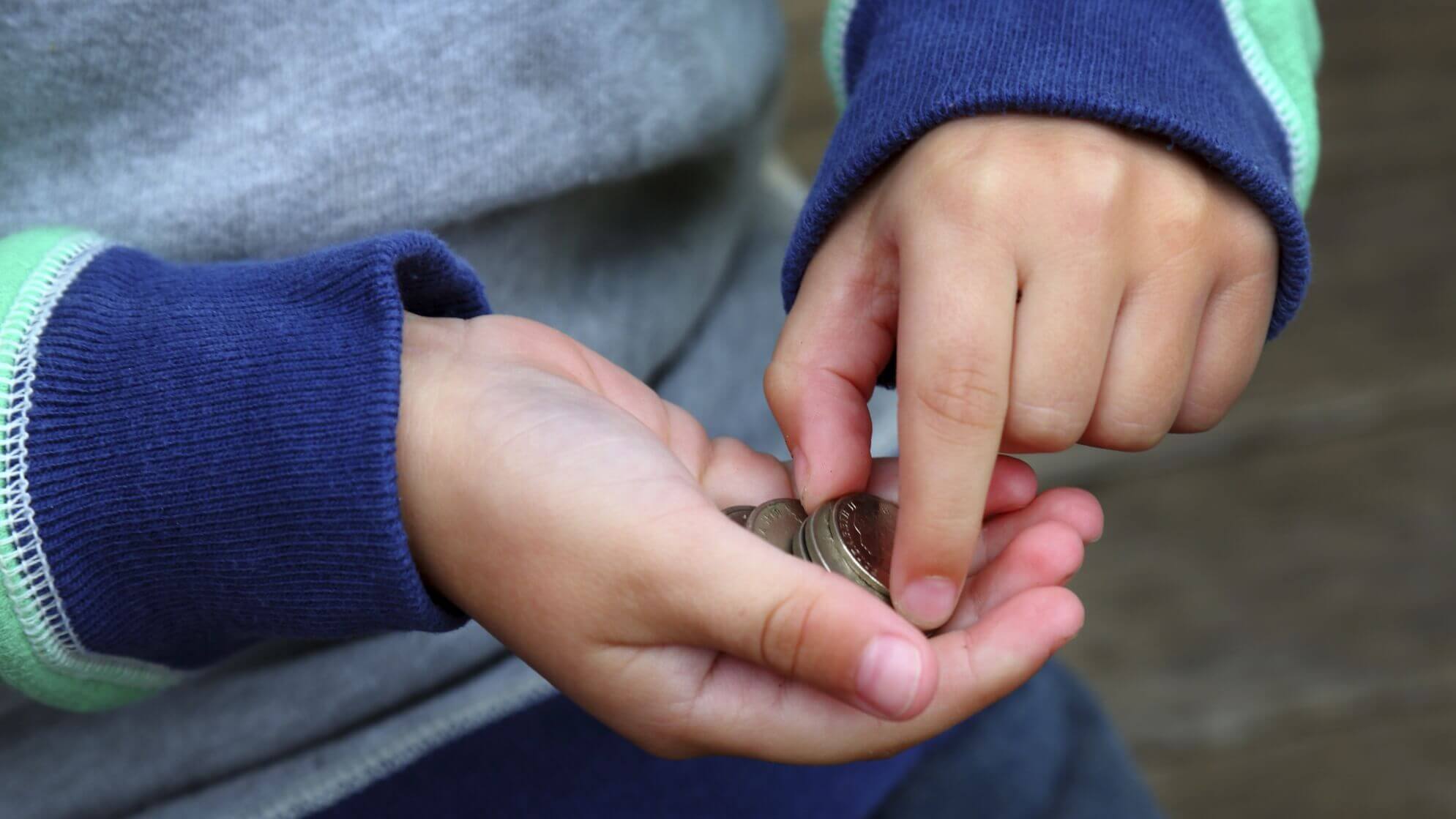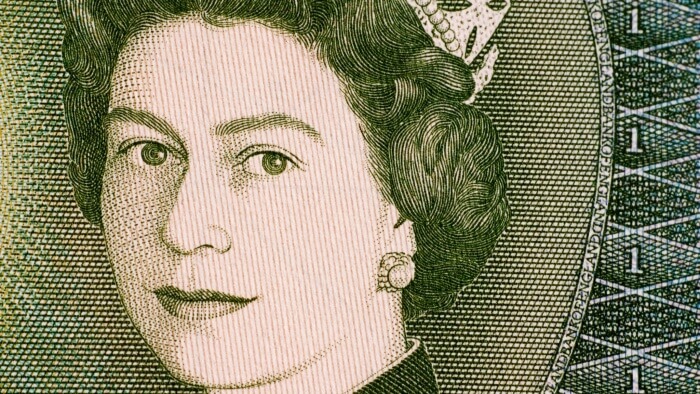Children are the future, apparently, so it's important they know their pounds from their pennies. Here's how to teach yours to understand the value of money.
12 Things Entrepreneurs Should Teach Their Children About Money
Children are the future, apparently, so it's important they know their pounds from their pennies. Here's how to teach yours to understand the value of money.

Entrepreneurs start early these days, but even if you don't want to raise a mini Branson or Dyson it's a good idea to teach your kids what money does and why it should be respected. Here Louise Hill, co-founder of money app GoHenry, tells us how it's done.
1. Earning is learning
Teaching your children about the value of money by paying them for certain jobs or chores can accelerate financial independence. Being rewarded financially for special tasks like cleaning the car can be a great incentive and they can also compare how much that earns in comparison to other chores like tidying their room.
2. Go their own way
Letting your child develop their own understanding of money and allowing them to suggest things to you about saving and spending it can help build their confidence. Also, if you do pay for certain chores, having a discussion with your child about how much they earn can be beneficial. Although it is important that the final decision is up to you, a mutual conversation is a good way of preparing them for the workplace and negotiating salaries.
3. It’s a tough old world out there
Contextualising the money you spend on items and explaining you have to pay for essential things like water and electricity can help your child get a more realistic grasp of what money actually buys in the real world.
4. Taking risks and getting things wrong
It’s important to allow your child to save up for, within reason, whatever they want. You should however warn them about spending too much on one thing that they may eventually grow out of or lose interest in quickly. Taking risks is a key part of the learning process but understanding what the consequences are getting things wrong is vital.
5. What’s your story?
Sharing anecdotes with your child relating to financial decisions you have made, either good or bad, is a great way of helping them see why it is important to make sound financial decisions, particularly as they get older. For example, you could tell them about a time when you spent a fortune on a five-star holiday, when you would much rather have saved money by staying in a hostel with all the fun travellers and had more money to spend on sightseeing.
6. Optimism is key
Although it is important to be realistic about money and the difficulties it can bring when teaching your child, it is vital that you are also optimistic when talking about the topic. It should be a fun and engaging subject area and not something that fills them with trepidation. Having good money skills can really help people avoid much of needless stress and strife that can plague people during their life.
7. Take them shopping
Bringing your child with you shopping enables them to understand how much things cost and allows them to compare different items with each other. Supermarket shops are a great way place to teach your children about cost as you can look at the same goods and compare the prices across brands.
8. Pockets should be one size
Sticking to the weekly or monthly pocket money allowance you give your child is important as it helps them understand exactly what they have and to budget accordingly. If you make a habit of giving them top ups when they run out they may feel they can just spend their pocket money carelessly knowing that they’ll just get more in the end. That’s a habit that can last a lifetime.
9. Set time based targets
Ask your child what they want to buy most and help them understand how long it will take for them to afford to do so. This can bring their goals into focus and means they will think carefully about their choices and commitments.
10. What they cost you
Telling your child how much you spend on their favourite activities is a way of illustrating the sacrifices you make for them. It is of course important to not make them feel guilty and reassure them that you do it willingly. As they get a bit older you may want to ask them to contribute and save up for these things to give them a feeling of responsibility and make them value you the things they may have taken for granted.
11. The best things in life are free
Explaining some of the most enjoyable things you have done in your life that have cost nothing is a great way of helping your child realise that happiness doesn’t revolve around money. Making sure your family activities include lots of simple, traditional things like going to the park or on walks is a fantastic way of reinforcing the idea that money isn’t essential to have fun.
12. Eyes on the money
Whether it’s a coin jar or a bank account, it is important that the children can easily visualise the total amount of money they have or have spent. This way their spending, saving and budgeting becomes tangible and not some vague, abstract idea.
Thanks for signing up to Minutehack alerts.
Brilliant editorials heading your way soon.
Okay, Thanks!



